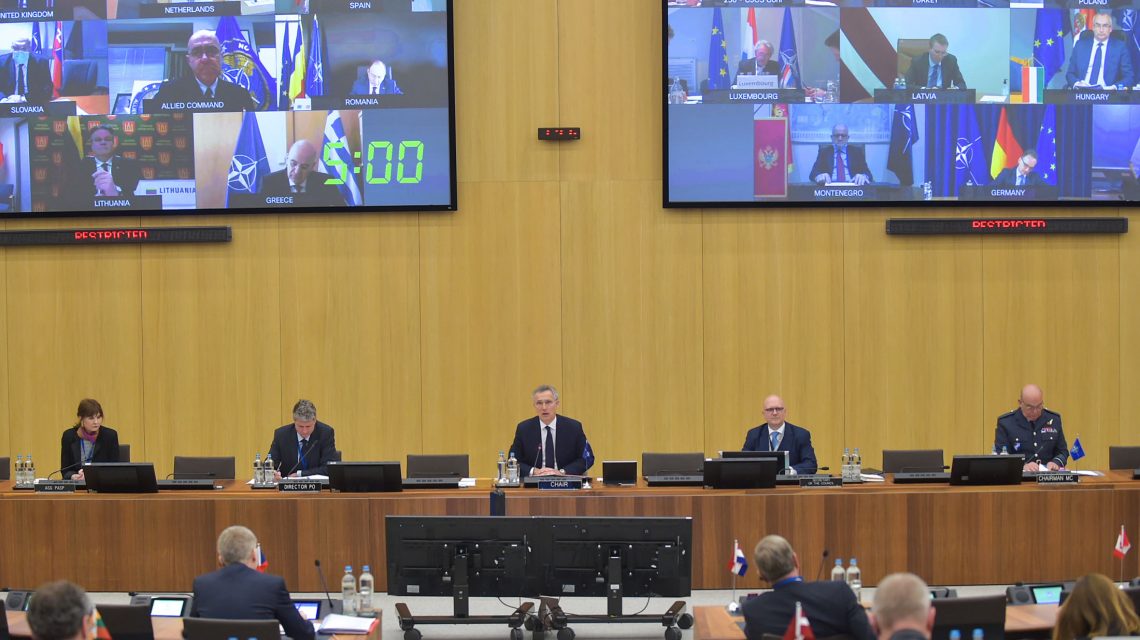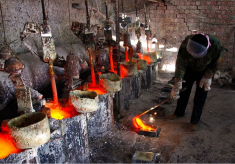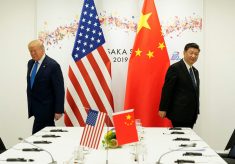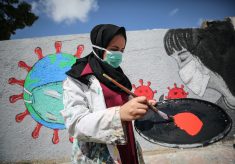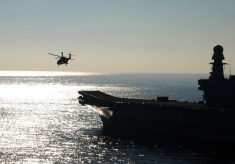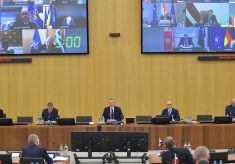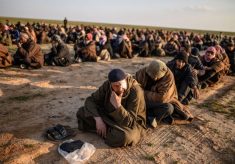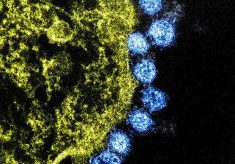In 2010, NATO’s Strategic Concept had turned the light on new emerging challenges that the Alliance would possibly confront in the forthcoming decades. Article 15 mentions health risks as game changers in the security environment and now that this has come into reality, it is creating some trends that will probably affect the Alliance in the long-run.
On the 22nd of March Jens Stoltenberg, NATO Secretary General, released an interview to Repubblica – one of the main Italian newspaper – restating the importance of maintaining member states defence expenditure up to 2% of the GDP. [Coronavirus, Stoltenberg: “La Nato garantirà la sicurezza. Anche sanitaria”, Repubblica, 22nd March 2020] However, it is likely that defence budgets will be affected by the economic consequences of Coronavirus. Allies will face social pressure to shift their priorities and make massive investments to revive national economies and strengthen healthcare systems.
Member countries on both sides of the Atlantic will suffer from the greatest economic shock of the 21st century, according to the Organization for Economic Co-operation and Development (OECD), which predicted a 2,4% decrease of the global growth in the best-case scenario. For the European Union, it will be an economic shock that could easily exceed that of 2008. This might rekindle the debate on a 2% expenditure, putting under stress transatlantic solidarity again.
Traditional defence systems have been put to the test as well. NATO’s multinational exercise “Defender Europe 20” has been significantly downsized to avoid an unnecessary spread of the disease. The largest US forces’ redeployment to Europe in the last 25 years, aiming at demonstrating to Russia the US reinforcement capability and hence unity, was jeopardised by a pandemic [Exercise DEFENDER-Europe 20 Announcement – COVID-19 implications, Shape.nato.int, 17th Mach 2020].
Thousands of soldiers went back to their countries to serve against the Coronavirus, highlighting the need to reformulate allied plans and investments against the challenge of a biological hazard and to revamp NBC protective capabilities.
Nonetheless, the pandemic showed NATO’s capability to respond successfully to civilian emergencies. In March, Ukraine, Spain, Italy, Montenegro and North Macedonia asked for the Alliance’s assistance against COVID-19. The Euro-Atlantic Disaster Relief Coordination Centre alerted Member States’ militaries and passed the request onto civilian authorities. North Macedonia adopted the Next Generation Incident Command System pilot project to coordinate national administrations to cope with the emergency and provide citizens with real-time updates on the progress of the pandemic in the country. In Luxemburg a team of experts from the NATO Support and Procurement Agency is working closely with the national army to the quick set up of multiple field-hospitals to treat COVID-19 patients [NATO and COVID-19 News, nato.int]
On the 2nd of April, the NATO Ministers of Foreign Affairs meeting has been held by teleconference to discuss Coronavirus impact on transatlantic security. Allies will continue to support each other on the one hand, “providing medical personnel, essential materials, and vital equipment from military and civilian sources, and harnessing […] medical, scientific, and technological knowledge and resources to help deliver innovative responses”. On the other, “working together to ensure public access to transparent, timely, and accurate information, which is critical to overcoming this pandemic and to combating disinformation” [Declaration by NATO Foreign Ministers, 2nd April 2020]
Some analysts went as far as suggesting a creative interpretation of NATO’s Article 5 to be invoked against the virus, as it happened with the 9/11 terrorist attacks against the United States.

